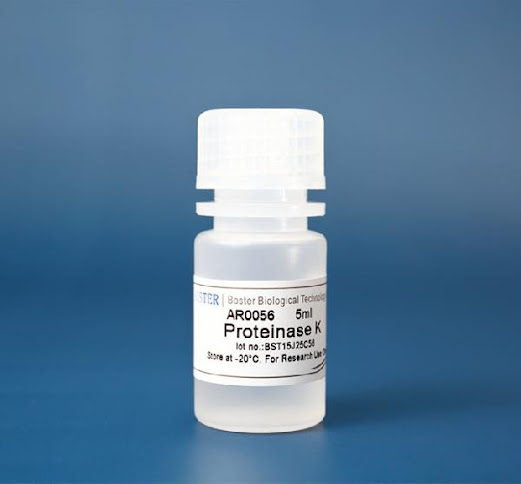Anti-Money Laundering Tools Market is gaining significant traction with DigiPli introducing its holistic anti-money laundering solution for financial institutions
Anti-Money Laundering Tools are now
required in large amounts for everyday transactions. This is due to the fact
that the most traditional transaction monitoring systems and services do not
record or require detailed information about the customers' identities, for
instance. Many government authorities are focusing on reducing financial crimes
that could threaten the financial landscape. These financial crimes including
money laundering, embezzlement, fraud, terrorist financing, bribery and
corruption, and tax evasion. Government authorities are employing different
tools and software applications, in order to curb these crimes. Thus, such
factors can indeed aid in growth of the anti-money laundering tools market.
Recently, in February 2021, DigiPli launched its holistic anti-money laundering
solution for financial institutions.
Most of the systems and services are
unable to identify unusual or suspicious transactions. It goes on to explain
that this deficiency in anti-money laundering tools results in inaccurate data
collection, leads to duplication of data and misinterpretations of activities.
These factors are used by hackers to defraud banks and other financial
institutions. One of the key factors fueling the market development is
non-compliance with strict AML regulations, which could result in monetary
penalties, sanctions, and reputational loss. For instance, as per the Bank
Secrecy Act (BSA) 1970, in the U.S., a fine of US$ 10,000 per day to US$
100,000 per day may be imposed on financial institutions as a consequence of
noncompliance with anti-money laundering (AML) regulations. Thus, such factors
can stimulate growth of the anti-money
laundering tools market.
In order to prevent identity theft
and money laundering, financial institutions and other organizations have
established strong anti-money laundering rules and procedures. Among these
requirements are requirements that commercial banks and other financial
institutions follow when processing any type of debit or credit card
transaction. However, there are certain issues regarding the market that could
impede potential growth. For instance, there is a dearth of skilled personnel
with adequate knowledge of AML tools and solutions. Besides, higher costs
involved in deployments of AML solutions could inhibit growth of the anti-money
laundering tools market in the near future.
On the other hand, fraudulent
investment schemes are also being targeted by these technologically savvy
criminals through the use of fraudulent transactions and other techniques. Some
of these include executing phishing attacks and sending out spam emails to
collect personal information. When it comes to geographical impact, North
America is exhibiting a positive outlook in the anti-money laundering tools
market. This is typically due to the fact that there is the presence of a large
number of banks across the region. On the contrary, Europe is gaining
significant traction with continuous enhancements in regulatory norms governing
in BFSA sector.




Comments
Post a Comment